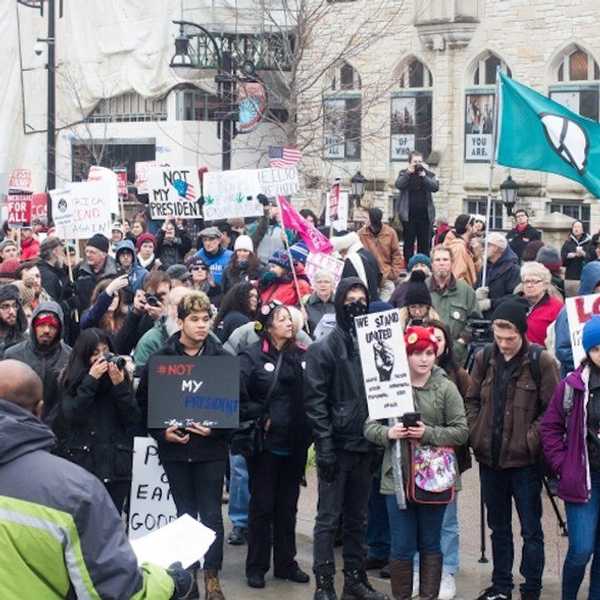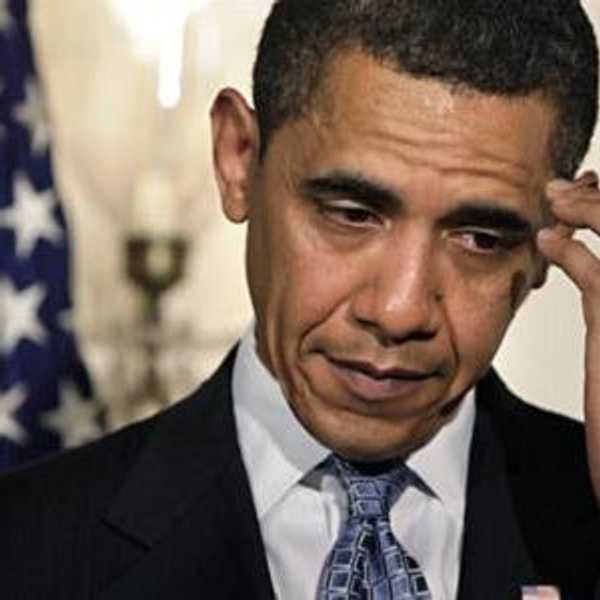After the tragic death of Trayvon Martin, we saw the beginning of Black Lives Matter and a push for greater accountability in the criminal justice system. But after the deaths of both Mike Brown and Eric Garner, #BlackLivesMatter swept the nation and many realized that this was not just a hashtag, but a movement. Protests, sit-ins and boycotts began all over the country all calling for change and equality. Many of these acts of civil disruption mirrored that of the works of Martin Luther King Jr. and the numerous movers and shakers of the 1950s Civil Rights movement. Although the generation leading BLM is not so removed from the Civil Rights Movement (for many of their parents and grandparents lived very vividly through that time) their attitudes and actions can be seen as very different.
It has been said that social and political movements come in waves. When specifically speaking about movements that came in waves, one may refer to the feminist movement, but with the ever growing Black Lives Matter movement, there are many comparisons to the Civil Rights Movement of the 1950s. So is Black Lives Matter a “modern day” Civil Rights Movement or just a second wave of the ongoing fight for equality?
The Feminist movement has been categorized in three specific waves, each wave focusing on a specific issue. When assessing #Black Lives Matter it is clear that while there are many issues regarding racial inequality that BLM stands for, the inspiration and forefront issue would have to be police brutality and the criminal justice system as a whole. While in comparison, one of the biggest issues during the Civil Rights Movement was desegregation because “separate but equal” was clearly not working. The BLM movement of today does draw some similarities to the early 90s with the Rodney King riots and the negative sentiments towards police (who could forget NWA’s “F*** the Police”). Although there have not been riots o the magnitude of the 1990s, there is still an overly militarized police force, police are still beating and killing black men on camera and getting away with it, and black people as a whole are still deemed as a threat to society.
What must be remembered is that by calling the #BLM another Civil Rights Movement it negates that desegregation did not solve the plight of being Black In America. The fight for equality never ended, because justice was never achieved. America might have become complacent in its thinking that black people were happy because the Jim Crow era has ended and America has now had a black president. Yes, there were many favorable policy changes that came out of the civil rights era but the work is not yet finished. Once this country takes a long hard look in the mirror and assesses its system that has oppressed a people for over 400 years, the movement shall not and will not end.





















